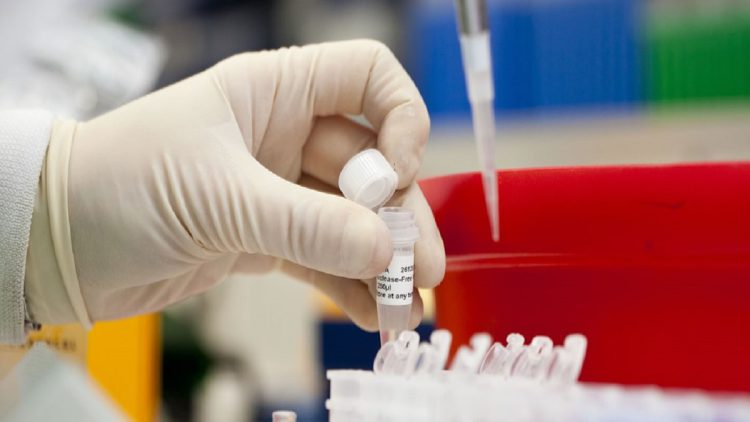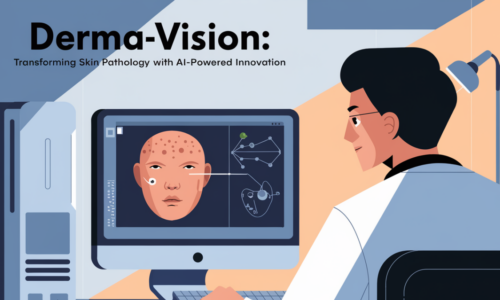Following the pandemic of 2020, biotechnology has been established as a fast-moving sector often at the frontiers of science. Many scientists and institutes in Pakistan are trying their best in this field to produce fruitful results. Atta-ur-Rahman School of Applied Biosciences (ASAB) at National University of Sciences and Technology (NUST) holds a prime position in the field. ASAB is the home of Pakistan’s largest biotech cluster. The areas of expertise include Industrial Biotechnology, Plant Biotechnology, Agribusiness Management, Molecular Medicine, and Healthcare Biotechnology. Molecular Immunology Lab established at ASAB is playing a major role in research advancement in the Healthcare biotechnology sector.
Immunology is the branch of medicine and biology concerned with immunity while molecular immunology is a branch of immunology that concentrates to diagnose and analyze the immune system and its processes at Molecular Immunology Lab (MIL), the research interests focus on two major aspects namely viral immunology and cancer immunology as well as intersections of both, all culminating in translational research.
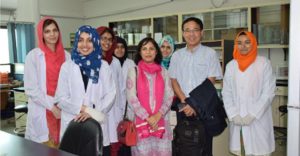
The group focuses on the immunological correlates of Human immunodeficiency virus (HIV), HCV, HBV, and SARCoV2 both in vitro and in vivo (clinical samples). Based on these interactions, therapeutic strategies are also being under investigation and a few are currently being tested. The group has tirelessly worked for COVID-19 diagnostics during the pandemic and got clinical trial approval for its COVID-19 diagnostic kit. Principal Investigator (PI) of the lab Dr. Aneela Javed, is a “One-Health Pakistan Fellow” of the National Academy of Sciences and the first ASIA representative for ISOHA (International Student One Health Association), has established the One-Health Cell culture lab at NUST and introduced the One-Health stream in the Molecular Medicine Program. In this context, the group has started working on research and Diagnostic of emerging zoonotic infections such as CCHFV in Pakistan under the umbrella of One-Health in collaboration with eminent scientists from the veterinary field.
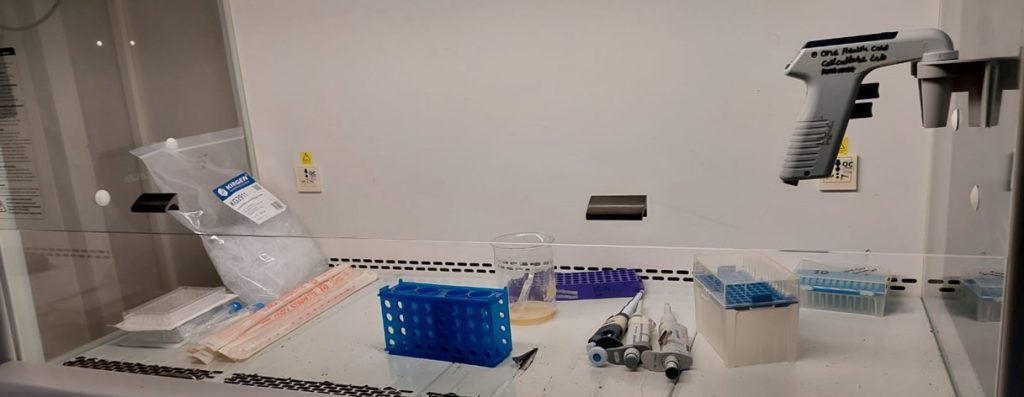
In brain cancer immuno-therapeutics, the lab group is exploring the immune correlates as well as Nanoparticle-based combinatorial therapies for Glioblastoma Multiform (GBM) as well. These therapies are currently being tested in brain cancer cell lines as well as the Orthotropic Xenograft mouse model. The research is thus focusing to improve current standard therapy and also exploring new therapeutic avenues for brain cancer.
The lab is well equipped with all basic molecular biology equipment such as Thermal cyclers, Electrophoresis apparatus, Safety hoods, Centrifuges, Incubators, etc., and has well-established the related protocols. The MIL also uses the core facilities available at ASAB including cell culture, animal house, and a Real-time quantification system. The research group also collaborates with the NUST Institute of Environmental Sciences (NUST-IESE), and the NUST School of Chemical and Material Engineering (NUST-SCME) for Scanning Electron Microscopy (SEM), Transmission Electron Microscopy (TEM), Fourier Transform Infrared Spectroscopy (FTIR), X-Ray Diffraction (XRD), etc.
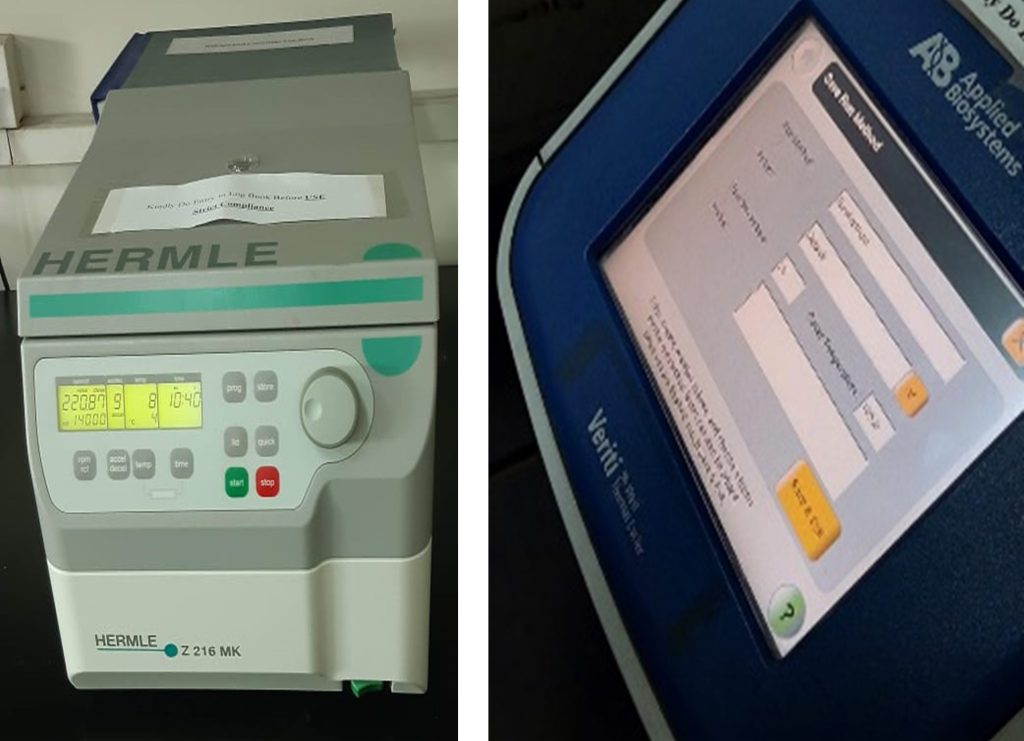
The research advancement of the lab is a result of the day and night hard work of the research students. The molecular immunology lab has won 15 National and International research grants (as PI and partner) worth Rs. 80.42 Million PKR (including GCRF UK, different HEC-NRPU, and NUST Grants) at different time points. The research group has collaborated and published with various international research groups including the ‘Unit of Infectious Diseases, Harvard Medical School, Boston’, the ‘Department of Emerging infectious diseases, DUKE- NUS, Singapore’, Georg-August-University, Göttingen, Germany’, ‘Proteomics and Mass Spectrometry Laboratory, Department of Biochemistry, Institute Of Integrative Biology, University of Liverpool, UK’. National collaborations include with ‘National Institute of Health (NIH), Islamabad’, ‘Pakistan Agricultural Research Council (PARC)’, ‘National AIDS control program (NACP)’, ‘Institute for Biomedical and Genetic engineering (IBGE, KRL)’, ‘Shaukat Khanum Memorial Cancer Hospital and Research Center, ‘International Islamic University, Islamabad’, ‘Khyber Medical University, Peshawar ‘and ‘University of Karachi’. Five PhDs and 17 MS students have graduated from MIL, while 5 PhDs and 12 MS students are currently working in the group. With all the current lab facilities and achievements in hand, the MIL lab research group aims to expand its research work and contribute to the advancement of the biotechnology sector in Pakistan. Our future goals include the basic research to entrepreneurial outcomes benefitting society at large.
References:
https://www.primescholars.com/scholarly/molecular-immunology-journals-articles-ppts-list-4642.html
The author is an Associate Professor and Head of the Department (HoD) Research in the Healthcare Department at Atta-ur-Rahman School of Applied Biosciences (ASAB), National University of Sciences and Technology (NUST). She can be reached at javedaneela19@asab.nust.edu.pk and javedaneela19@gmail.com.

Researcher Profile: https://bit.ly/3FrevIy.
![]()

